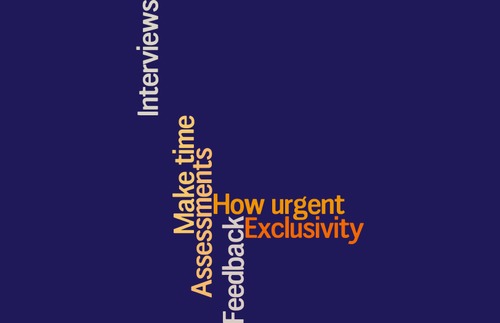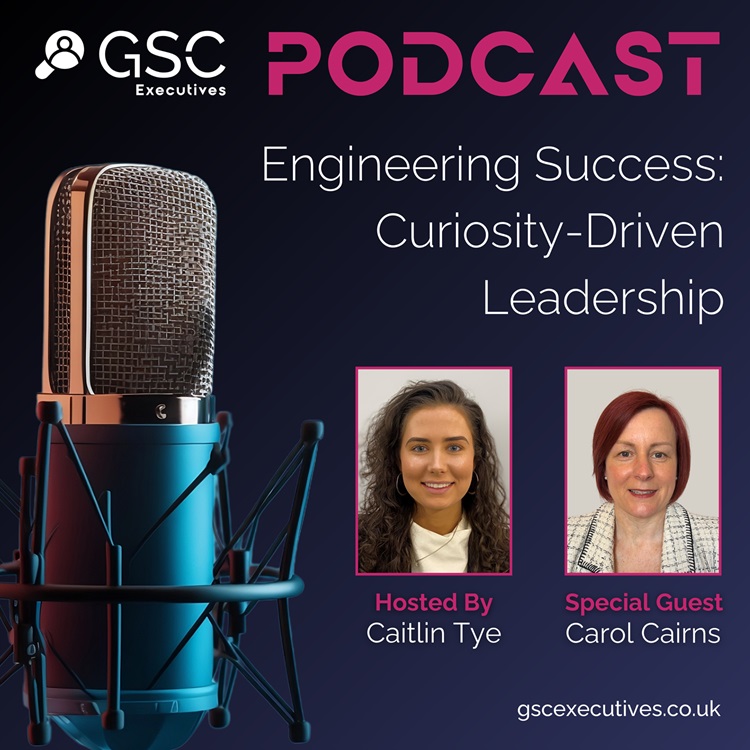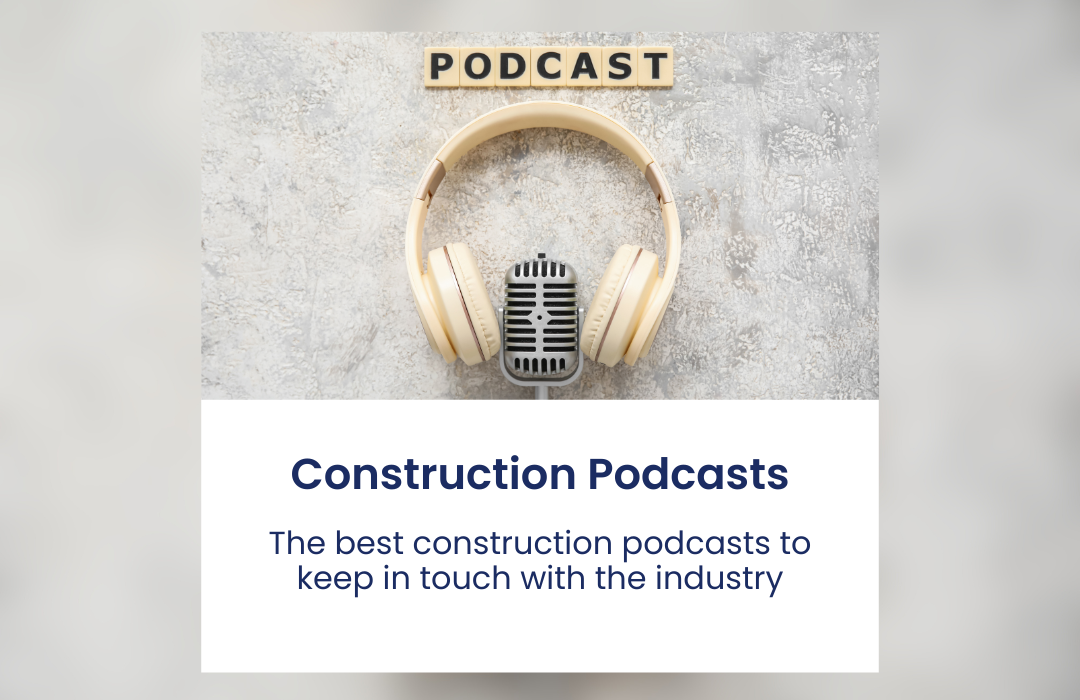5 Steps to making the most of your recruitment consultant
05 Nov, 20153 Minutes5 StepsAcross the recruitment industry Recruiters can often be seen as a nuisance or hindran...

5 Steps
Across the recruitment industry Recruiters can often be seen as a nuisance or hindrance; but all across the world there are partnerships where consultants alleviate recruitment pressure and ease the headache of hiring new staff. So how do you ensure you're getting the best possible service? It’s all about trust.
Step 1: Make time
Take the time to meet with your recruitment partner, ideally in advance of any active requirements. Find half an hour to meet with your recruiter to discuss the types of staff you hire, turnover of staff and any particular skill-sets you feel might be missing from your team. Also introduce them to your existing staff members so they can get a feel for the culture of the team that prospective candidates will be working in. If we can get to know you and your team we are more likely to be able to send you candidates that will be a good personality fit and therefore more likely stay happy in their role long-term.
Step 2: How urgent?
Be honest about how urgently you need your next staff member, only you know realistically how long you can survive without a team member or how long financial sign off will take on a new permanent position. The more we know the better we can tailor to your needs. If you tell us you need someone urgently, in the recruitment world of temps that usually means 3 - 5 days turnaround (dependent on the industry) so if we send you immediately available candidates for an urgent temp role but you can't interview for another two weeks; the likelihood is the candidates will no longer be available. If you get the feeling one of your employees might leave soon, give us the heads up so we can keep an eye out for brilliant people for you so its not a mad dash when the time comes. Notice periods cannot always be negotiated and interview processes for permanent positions can take time.
Step 3: Exclusivity
Any good recruiter who is not already a sole supplier will often ask you for exclusivity on roles at some point or another and this IS beneficial to you. You could give your recruiter 24 hours, a few days or a week's head start to get candidates over to you; if you are not satisfied after this time then the vacancy is fair game with other agencies. This means your consultant will be dedicating 100% of their time to your vacancy over this period and will not have to worry about competitors contacting their candidates about the same position. They can focus their full attention on finding you the best candidates quickly and prepping them fully about your company and role. In an ideal world you would like your consultant to be 100% focused on your vacancy no matter the circumstances but in business this is not the case. We have to prioritise our workload just as much as you and exclusive roles will always top the list.
Step 4: Interviews & Assessments
Interview processes can vary dependent on the type or role and time constraints but consider discussing this with your consultant and always try to be a flexible as you can. When hiring new staff, the majority of the best candidates will be in a full-time role and will be pushed to take time off for two or three interview stages. Consider telephone interviews at lunchtime or after work, you might not see them in person but you will gain an unbiased insight into their technical knowledge. A face-to-face interview can be organised after this but now the candidate has some buy-in from you and will be more committed to taking time out of their current role.
In the case of high volume recruitment when you need to take on a whole team; Assessment days can often be considered and can significantly reduce the time you need to book out of your normal week to deal with recruitment. Nevertheless, unforeseen problems can arise if the candidates are not given at least 2 weeks notice and you don’t have optional dates. Consider two assessment afternoons instead of one assessment day and ensure candidates have at least one week to prepare for any technical presentations. Also consider the relevance of presentations to the role you are hiring for and ask your consultant for advice, we work with a range of clients with different testing methods all for the same role but with varying success. For example, you may want to test a candidate’s general capabilities speaking to senior staff members under pressure but if an employee is actually likely to spend 90% of their time on the phone; a test phone call might be a better representation of their skills.
Finally, ensure assessment days run smoothly from start to finish by asking your consultant to come into your offices on the day, we know the candidates and can often make them feel at ease whilst being an extra pair of hands to help.
Step 5: Feedback
Take the time to go through the feedback from your interviews in depth with your consultant; who was good, who was bad and most importantly why. Constructive feedback to unsuccessful candidates boosts your reputation across your industry as a considerate employer and will help to soften the bad news. Also clarifying this feedback with your consultant will enable us to better supply you in your next round of recruitment and will also allow us time to reassure you on any reservations you might have. It’s likely we’ve met your candidates and have spent a period of weeks speaking with them and may be able to provide more information at this stage, we may also be able to tell you how likely it is a candidate will accept an offer.
To wrap up, the more we know, the easier it is to pre-empt any problems that may arise during the recruitment process and our role is always about predicting a candidate’s actions before they occur. Also consider that we and your candidates are under our own pressures so some flexibility will always help and reduce time wasting.
Written by Alexandra Jack, Recruitment Consultant at Daniel Owen Ltd



